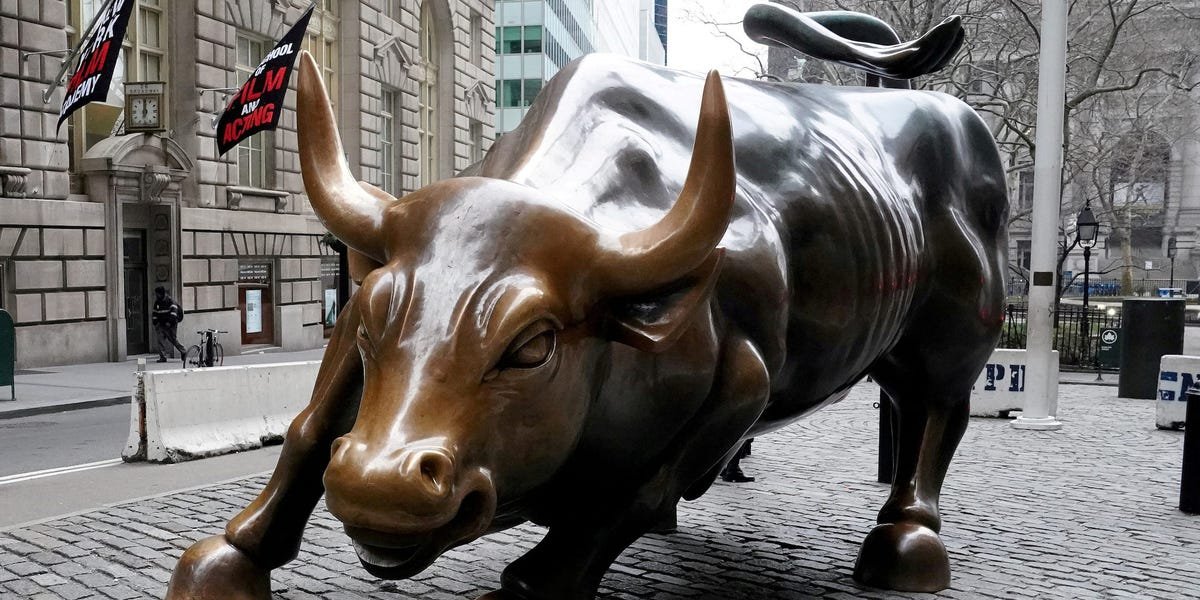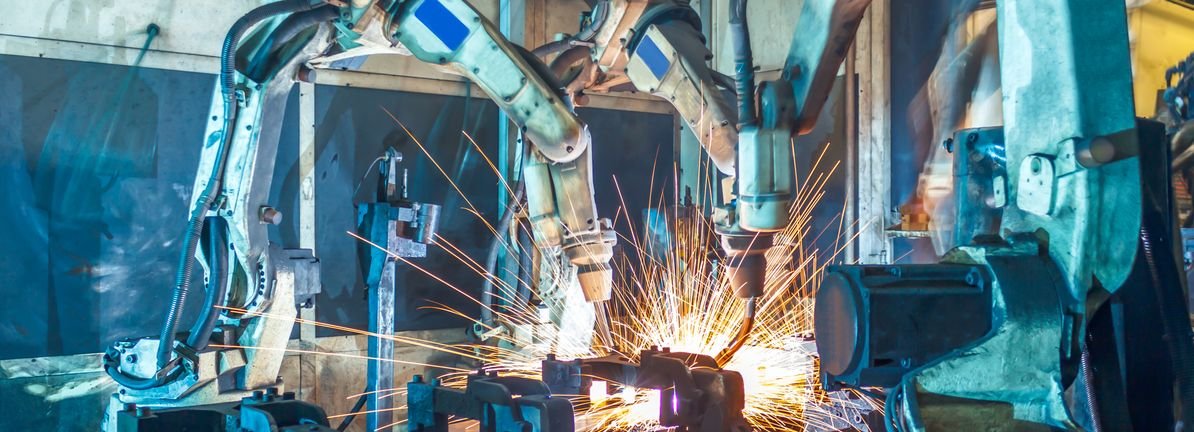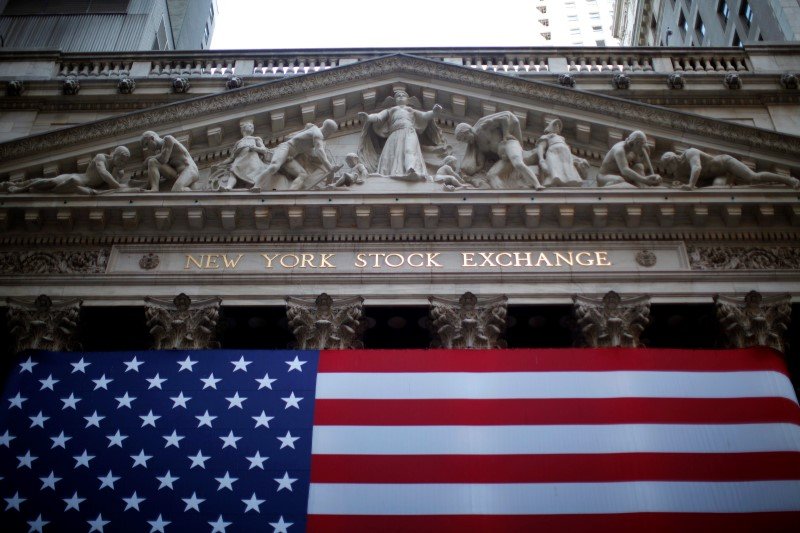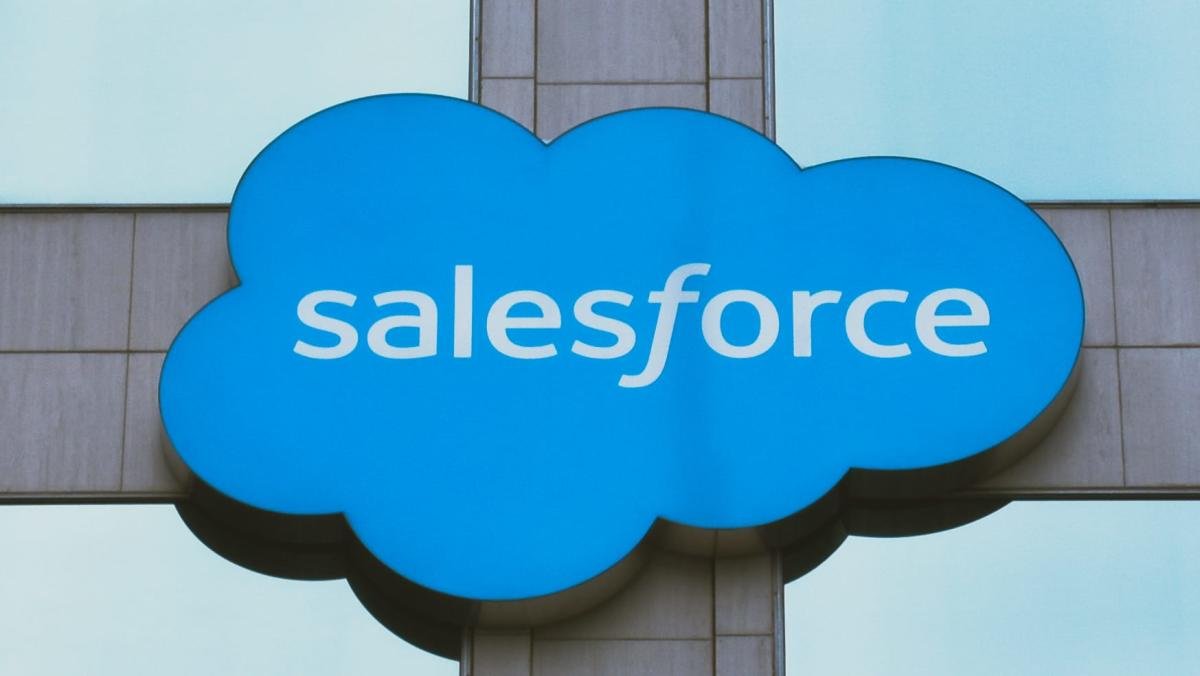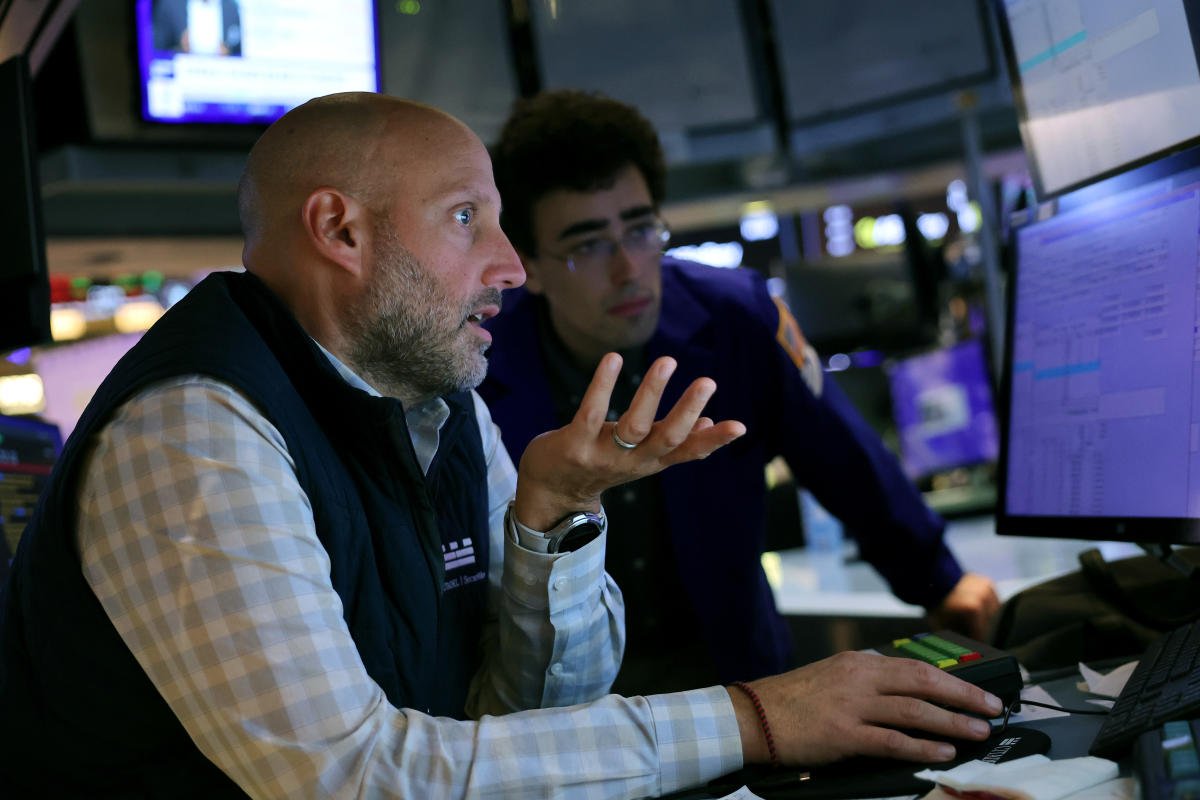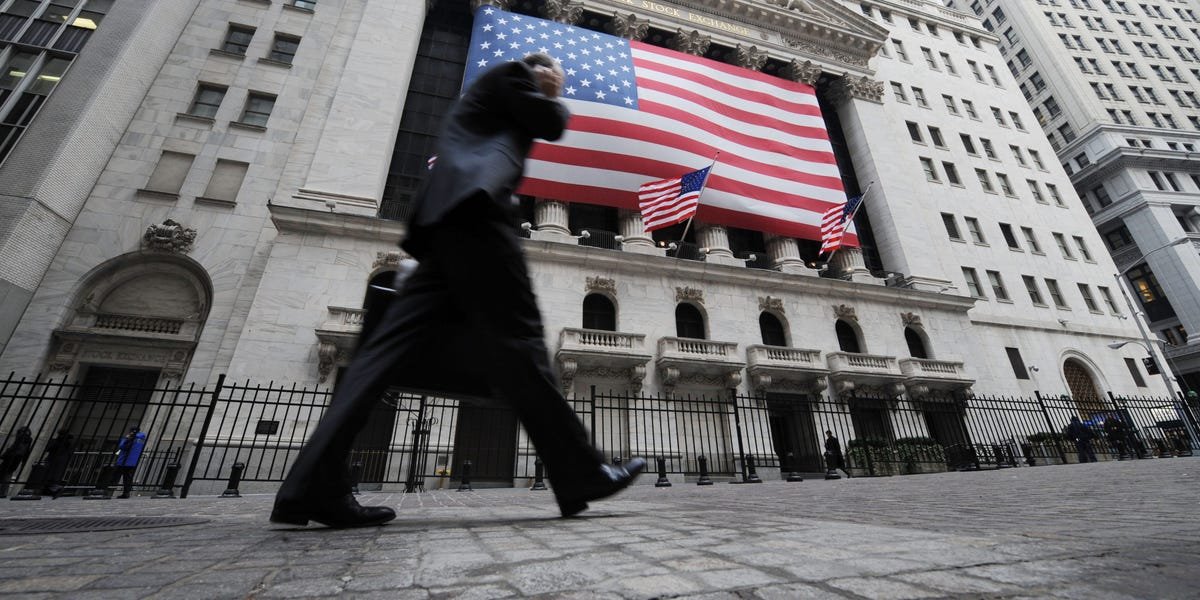- JPMorgan’s top strategist had something positive to say about stocks for the first time in a while.
- JPMorgan chief equity strategist Dubravko Lakos-Bujas said investors should get less defensive.
- “While it is too soon to assume that this is a turning point, it does suggest that a recession is unlikely in the near term.”
Thanks for signing up!
Access your favorite topics in a personalized feed while you’re on the go.

Strategists at JPMorgan have been bearish on the stock market since October 2022.
But that seems to be changing, based on a Tuesday note from JPMorgan chief global equity strategist Dubravko Lakos-Bujas.
While Lakos-Bujas didn’t update his firm’s year-end S&P 500 price target of 4,200, which implies a steep 27% decline from current levels, he did recommend investors turn less bearish on the market.
“We are neutralizing our long Defensive and short Cyclicals view,” Lakos-Bujas said.
The Federal Reserve cutting interest rates and China unleashing new stimulus measures are driving the change in Lakos’-Bujas’ sentiment.
“Policy support from the world’s largest economies are coming at a time of surprisingly resilient US growth with tight labor markets, ongoing government deficit spending, and record highs across equities, credit, and housing,” Lakos-Bujas said.
The bank also pointed to the solid health of US consumers, who have collectively added $50 trillion to their wealth since Covid.
According to data from the Federal Reserve, US consumers have about $185 trillion in assets, made up mostly of stocks and bonds, homes, and cash, and just $21 trillion in debts. That’s a healthy balance sheet.
Lakos-Bujas is also encouraged by solid corporate earnings growth, which is expected to accelerate from 3% over the past two years to 12% over the next two years.
“US corporates have been increasingly focused on recycling pre-tax income into investment spending rather than returning after-tax profits to shareholders through buybacks, which is also helping to stimulate the economy,” Lakos-Bujas explained.
Part of that has been driven by the AI tech boom, with mega-cap tech companies expected to accelerate their R&D and capex investments to more than $500 billion per year.
“In our view, these drivers, along with US Exceptionalism, are helping offset the uneven macro weakness,” Lakos-Bujas said.
He added: “While it is too soon to assume that this is a turning point, it does suggest that a recession is unlikely in the near term, especially since surprisingly strong job growth and a downtick in the unemployment rate broke a slowing trend in the job market.”
But Lakos-Bujas didn’t turn completely bullish on stocks. The strategist warned that the November Presidential election could inject volatility into markets depending on the outcome, and lower interest rates could represent a headwind for corporate profits, particularly in the financial sector.

